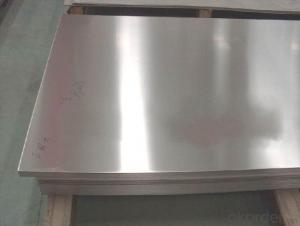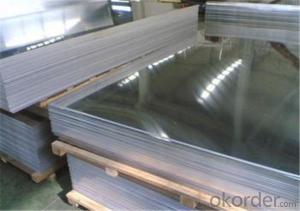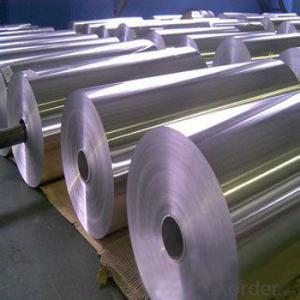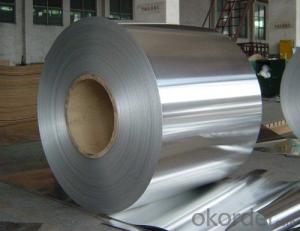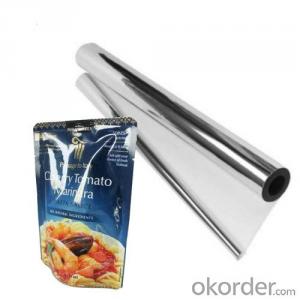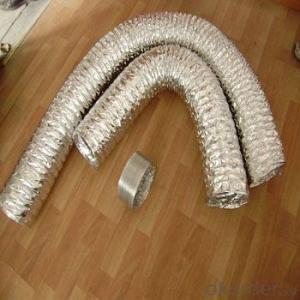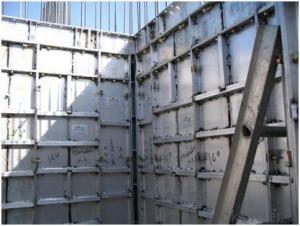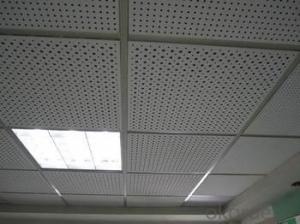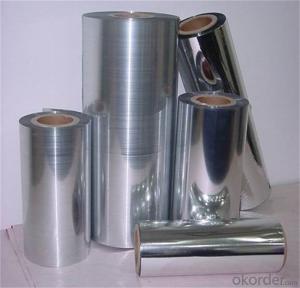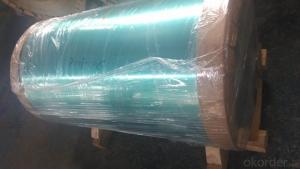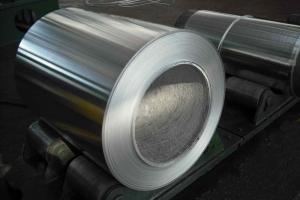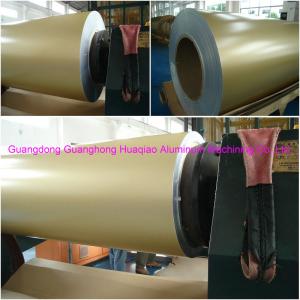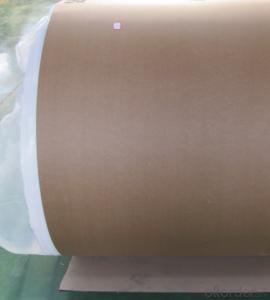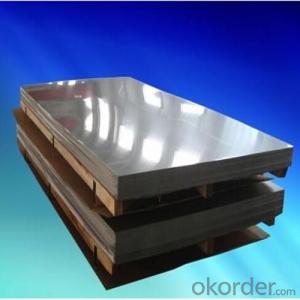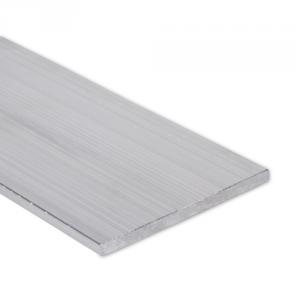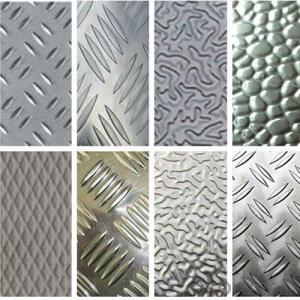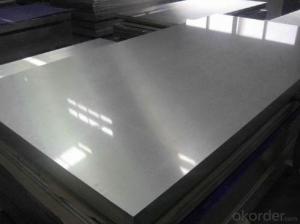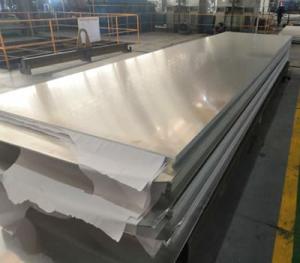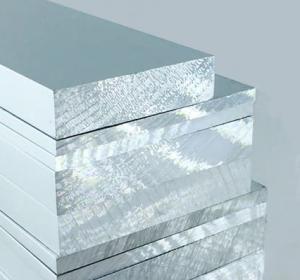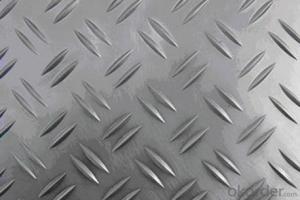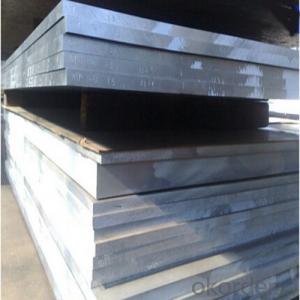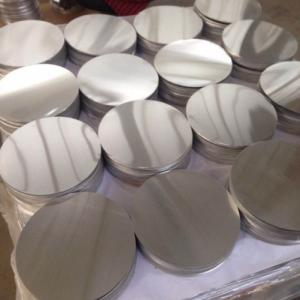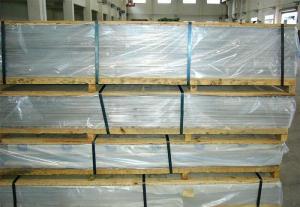7075-T651 Aluminum Plate
7075-T651 Aluminum Plate Related Searches
Led Light Bulbs For Ceiling Fixtures Led Lamps For Ceiling 42 In Ceiling Fan With Light Aluminum Coil Stock For Gutters Aluminum Foil For The Grill Hole Saw For Aluminum Plate Aluminum Tread Plate For Trailer Bow Plate For Aluminum Boat Aluminum Foil For Grow Room Aluminum Foil For Joint PainHot Searches
Stock Price For Aluminum Aluminum Coil Stock For Sale Aluminum Gutter Coil For Sale Used Aluminum Scaffolding For Sale 1/4 Aluminum Plate For Sale Aluminum Bar Stock For Sale Aluminum Round Stock For Sale Aluminum Diamond Plate For Sale Aluminum Scaffolding For Sale Craigslist 6061 Aluminum Plate For Sale Aluminum Dock Plate For Sale 7075 Aluminum Plate For Sale Aluminum Tread Plate For Sale Aluminum Checker Plate For Sale Aluminum Plate For Sale Near Me Plate Aluminum For Sale Aluminum Plate For Sale Aluminum Square Stock For Sale Aluminum Flat Stock For Sale Billet Aluminum Stock For Sale7075-T651 Aluminum Plate Supplier & Manufacturer from China
Okorder.com is a professional 7075-T651 Aluminum Plate supplier & manufacturer, offers integrated one-stop services including real-time quoting and online cargo tracking. We are funded by CNBM Group, a Fortune 500 enterprise and the largest 7075-T651 Aluminum Plate firm in China.Hot Products
FAQ
- Indeed, aluminum sheet is suitable for food contact applications. The food industry extensively utilizes aluminum owing to its exceptional characteristics. It is non-toxic, resistant to corrosion, and possesses a high thermal conductivity, rendering it appropriate for an array of food processing and packaging purposes. By utilizing aluminum sheets, one can craft food containers, trays, and foils, thereby offering a secure and sanitary solution for storing and transporting food. Moreover, aluminum is recyclable, making it an environmentally conscious selection for food contact applications.
- There are several packaging options available for aluminum sheets during transportation. Some common methods include wrapping the sheets in protective film or paper, using wooden crates or pallets to stack and secure the sheets, and using cardboard or plastic edge protectors to prevent damage. Additionally, aluminum sheets can also be packaged in custom-cut foam or bubble wrap for added cushioning and protection during transit.
- When deciding on the appropriate thickness for your aluminum sheet, there are several factors that should be taken into account. To begin with, it is essential to determine the intended use or purpose of the aluminum sheet. Different projects may necessitate varying thicknesses depending on their structural or aesthetic requirements. For example, if the aluminum sheets are intended for roofing or siding applications, a thicker gauge may be necessary to ensure sufficient durability and resistance to weather conditions. Moreover, the level of strength and rigidity required should be considered. Thicker aluminum sheets generally offer greater strength and stability, which is especially important for applications like construction or automotive components. However, it is important to bear in mind that thicker sheets may also be heavier and more challenging to work with, so the practicality and weight limitations of your project should be taken into consideration. Additionally, the size of the aluminum sheet needed should be thought about. Larger sheets may require thicker gauges in order to maintain their structural integrity, whereas smaller sheets may not require as much thickness. Lastly, your budget should be factored in. Thicker aluminum sheets can be more expensive due to increased material costs and the manufacturing process. It is advisable to strike a balance between the required thickness and your budget constraints to ensure a cost-effective decision. To summarize, selecting the appropriate thickness for your aluminum sheet involves considering the specific application, required strength, size, and budget. It is recommended to seek guidance and advice from industry experts or suppliers who can provide tailored recommendations based on your specific needs.
- The tolerances for aluminum sheets differ based on the specific industry and application. However, there are commonly accepted tolerances for aluminum sheets, such as thickness tolerances, flatness tolerances, and width and length tolerances. Thickness tolerances pertain to the allowable variation in the thickness of an aluminum sheet. The range of these tolerances depends on the grade and thickness of the sheet, and can be from +/- 0.005 inches to +/- 0.010 inches. Flatness tolerances specify the acceptable degree of flatness or deviation from a perfectly flat surface for an aluminum sheet. The range of flatness tolerances varies according to the application's specific requirements, and can be from a few thousandths of an inch to a few hundredths of an inch. Width and length tolerances define the allowable variation in the dimensions of an aluminum sheet. These tolerances can be expressed as +/- inches or as a percentage of the sheet's width or length. Generally, width and length tolerances for aluminum sheets fall within the range of +/- 0.25 to +/- 0.50 inches. It is important to note that these standard tolerances are subject to change and may differ depending on the specific industry, customer requirements, and the manufacturer's capabilities. Therefore, it is advisable to consult the manufacturer or industry-specific standards to determine the exact tolerances for aluminum sheets in a particular application.
- Indeed, aluminum sheet is suitable for food contact applications. The food industry extensively utilizes aluminum owing to its exceptional characteristics. It is non-toxic, resistant to corrosion, and possesses a high thermal conductivity, rendering it appropriate for an array of food processing and packaging purposes. By utilizing aluminum sheets, one can craft food containers, trays, and foils, thereby offering a secure and sanitary solution for storing and transporting food. Moreover, aluminum is recyclable, making it an environmentally conscious selection for food contact applications.
- Yes, aluminum sheets are suitable for roofing systems. Aluminum is a popular choice for roofing due to its durability, lightweight nature, and resistance to corrosion. It is also fire resistant and can withstand extreme weather conditions such as high winds and heavy rain. Aluminum roofing sheets are long-lasting and require minimal maintenance, making them a cost-effective option in the long run. Additionally, aluminum is a highly reflective material, which can help in reducing energy costs by keeping buildings cooler in hot climates. Overall, aluminum sheets are a reliable and efficient choice for roofing systems.
- You are probably think wtf. Lol, so I just got a Mac and I HATE its keyboard! Also, I have been looking at Fallout 3, and I think its looks amazing! Here is my question: Should I get the new aluminum keyboard for my Mac or Fallout 3? I have $60 to spend and I have found a place to get one or the other for under $60. I could also get on Ebay and get BOTH! Which one/option should I do?
- Have you used the Apple Aluminum keyboard before? Most people either love it or hate it. The low-profile keys feel a lot different than a traditional keyboard. Personally, I like it and can type faster on the AL, but I know a lot of people that got rid of it and got a different keyboard. You don't NEED to use an Apple keyboard on your Mac - you can use any USB keyboard you want. So you COULD get a cheaper alternate keyboard and still get Fallout as well. Windows keyboards don't have the same quick pick button across the top as an Apple keyboard, but you can custom configure your keyboard commands in System Profile-Keyboard Mouse-Keyboard Shortcuts (under the Apple logo at the top-left of your screen) and set whatever keys or key combos to do those missing commands. But I don't think Fallout 3 is out for Mac, is it? I couldn't find a version with a quick Google search.........a Windows version won't run on your Mac unless you have Windows installed with either Boot Camp (included in OS X 10 Leopard) or with a virtual PC like VMWare Fusion or Parallels. Unless you are running Windows on your Mac (like I am) don't waste your money on a PC game you won't be able to play. Enjoy your new Mac!
- The difference between aluminum plate and aluminum plate
- Aluminum row is aluminum profile! Cheapness! The manufacturing process is different. The performance of aluminum plate will be higher! I hope you can adopt it! Is there anything you'd like to inquire about?!The data from Suzhou Juteng Metal Technology Department










